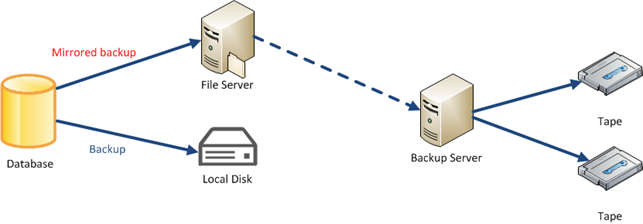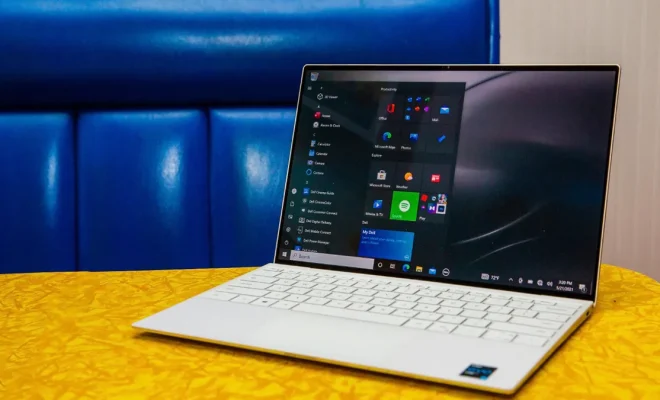What Are Mirror Image Backups?

Mirror image backups are a type of backup strategy that creates an exact replica or mirror image of a system or storage device. It is a complete copy of all the data, including the operating system, applications, settings, and files, which can be used for system recovery in case of a disaster.
A mirror image backup is different from a traditional backup that creates incremental backups or differential backups. These types of backups only copy the changes made since the last backup was taken. In contrast, a mirror image backup creates a complete snapshot of the system as it is, which is then periodically updated.
Mirror image backups are commonly used for disaster recovery, system migration, or machine cloning. It is a reliable way to restore a system quickly in case of a hardware failure, virus attack, or other catastrophic events. As a mirror image backup contains an exact copy of a system or drive, it can be restored to the same hardware or a different machine entirely.
The primary advantage of a mirror image backup is its speed of recovery. As it is a complete copy, there is no need to reinstall the operating system or applications. It is a quick and straightforward process to restore a system with minimal downtime. Additionally, it is a useful procedure for IT professionals who need to deploy customized systems across multiple machines.
However, the main disadvantage of mirror image backups is its storage requirement. Due to its larger size, a mirror image backup can consume more storage space than incremental backups. As a result, it is essential to ensure that there is enough storage space to accommodate the backup.
To conclude, mirror image backups are an essential backup strategy for disaster recovery and system migration. They provide a complete and reliable copy of a system that can be quickly and easily restored in case of a disaster.
Although it requires more storage space, the benefits, including speed of recovery, make it an excellent choice for IT professionals and home users alike.






